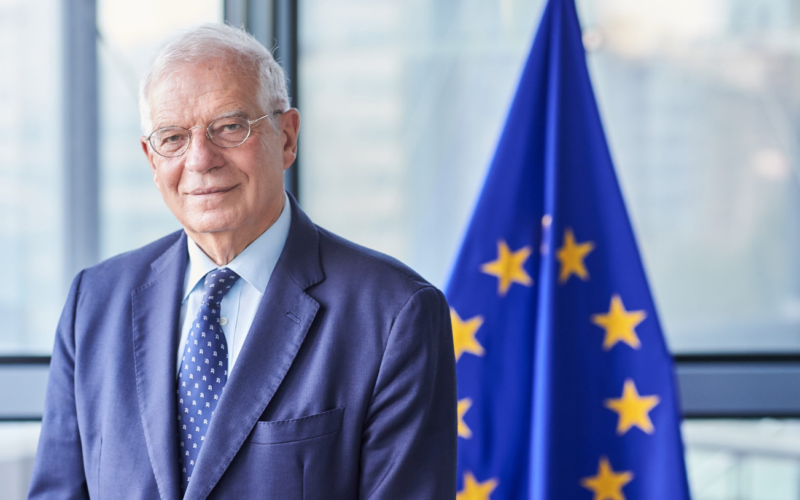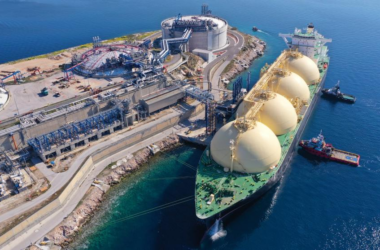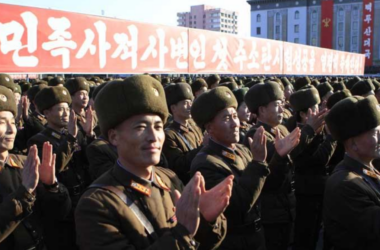In a notable development within the European Union, the EU Foreign Minister, Josep Borrell, is preparing to introduce a proposal for a twelfth round of sanctions targeting Russia in the coming days. This decision underscores the EU’s commitment to addressing ongoing geopolitical tensions and concerns related to Russia’s actions.
The proposal for a twelfth round of sanctions against Russia comes as part of the EU’s ongoing efforts to address a range of issues, including Russia’s involvement in regional conflicts, alleged human rights abuses, and concerns related to international security.
Josep Borrell, who holds a central role in EU foreign affairs, has emphasized the need for coordinated and effective measures to address these concerns. The proposed sanctions are expected to target specific individuals, entities, and sectors of the Russian economy to exert diplomatic pressure and promote a change in behavior.
The European Union has a history of utilizing sanctions as a diplomatic tool to address concerns related to international conflicts, human rights violations, and security matters. Sanctions have become a key component of the EU’s foreign policy toolkit, enabling the bloc to express its disapproval of specific actions and encourage diplomatic solutions.
The forthcoming twelfth round of sanctions is anticipated to be discussed within the EU, where member states will have the opportunity to provide input and feedback on the proposal. The final sanctions package will be crafted in a manner that reflects the consensus and priorities of EU member states.
Sanctions, when effectively applied, can have far-reaching consequences for those targeted. They may include asset freezes, travel restrictions, trade limitations, and other measures aimed at influencing the behavior of the entities or individuals involved. The specific details of the sanctions package will be revealed in due course.
The introduction of these sanctions reflects the EU’s commitment to maintaining a united and principled stance on international matters. It underscores the importance of diplomatic tools in addressing geopolitical challenges and promoting a rules-based international order.
The forthcoming proposal for a twelfth round of sanctions against Russia also serves as a reminder of the EU’s dedication to addressing global issues through diplomatic means. As these sanctions are discussed and implemented, they will be closely monitored to assess their impact on Russia’s actions and their effectiveness in promoting desired outcomes.
In conclusion, the forthcoming proposal for a twelfth round of sanctions against Russia by EU Foreign Minister Josep Borrell underscores the EU’s commitment to utilizing diplomatic tools to address international concerns. This decision represents the EU’s determination to promote stability, human rights, and adherence to international norms in the face of ongoing geopolitical challenges.








